The System for Advanced Multimedia Broadcast and IT Services (Sambits) is the result of work by a research team led by Brunel's Dr John Cosmas. His department has worked with a network of European partners to develop new technology for the production, transmission and reception of integrated broadcast and internet services. Other research partners include Philips, Siemens and Telenor.
Two interactive demonstration broadcasts have been developed - one based on the BBC's The Ballad of Big Aland the other on the EBU's Eurovision Song Contest. Both offer viewers the chance to access additional footage and, in the case of The Ballad of Big Al, visit content from the BBC's website.
BBC research and development principal engineer Dr Graham Thomas said: 'The BBC is always keen to investigate new technology to see how it can be best applied to benefit our viewers. The Sambits project allowed us to test new ways of providing interactive programmes and additional programme content such as sign language.'
Brunel University is now looking for partners to develop the system commercially.
The BBC has bought a fourth transponder from SES Astra to give it the satellite capacity necessary to add regional news opt-outs and further interactive services to its digital satellite service. A BBC spokesman said that by the end of the year, all 11 English regions would have an 18.30 news opt-out. The option, which launched on 28 January this year, is only available to viewers in the five largest regions at present. The spokesman added: 'We started with one transponder 18 months ago and now we have 180 different applications.'


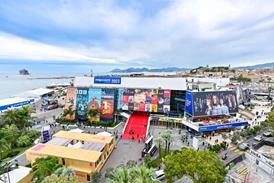
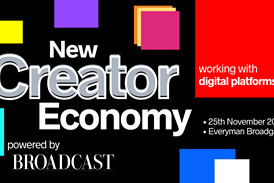
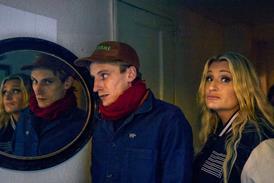


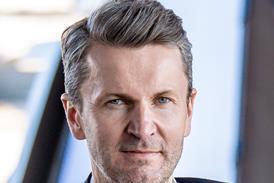
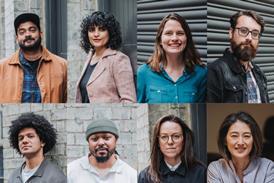
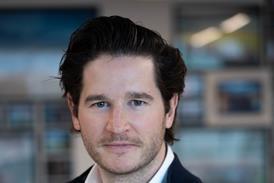


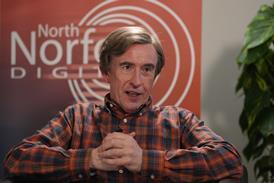


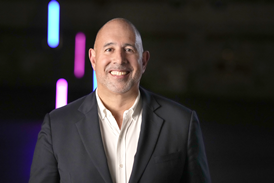



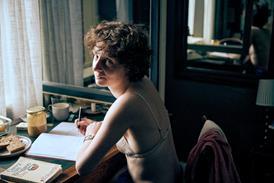
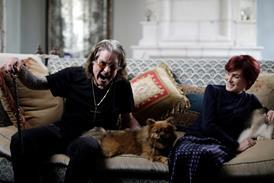




No comments yet